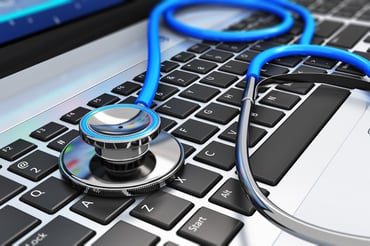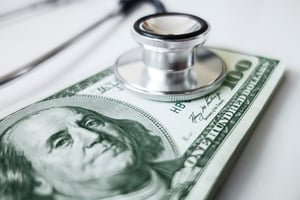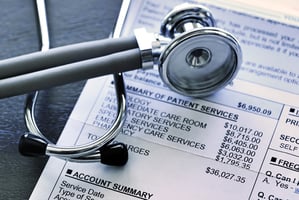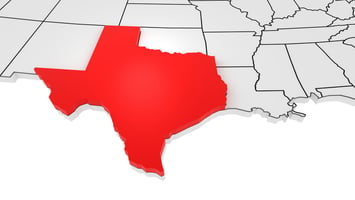Running a private practice already demands enough from you. Adding hours of administrative work on...

HIPAA compliance is a necessity for both the medical practice and the patient. A HIPAA compliance checklist is vital to making sure the various components of compliance are considered and handled efficiently. Key components in the process of meeting HIPAA regulations include making sure compliance is facility-wide and involves the proper paperwork and privacy for all patient documentation. Also, electronic protected health information (EPHI) must be protected from potential hacking, with regular risk analysis done to ensure the security protocols continue to be sufficient.
HIPAA regulations cover the potential disclosure of PHI and how to respond if security incidents occur. These regulations also provide oversight for the necessary level of data security and outline HIPAA-covered entities.
There are four groups of guidelines every healthcare provider MUST follow to be HIPAA compliant:
HIPAA privacy rules identify when protected health information may be used and disclosed. This includes past, present, and future conditions, payment for healthcare, and the provision of healthcare to a patient.
Security rules cover the safeguards you need to implement to stay compliant. This includes confidentiality measures, threat and risk management, and ensuring a compliant workforce.
Breach notification rules require you to alert relevant parties of information breaches. Relevant parties include the affected individuals, the HHS, and possibly the administrator of whichever channel created the breach.
Notifications should be provided within 60 days of the discovery of a breach, and those less than 500 individuals should be submitted to HHS annually.
Enforcement rules outline how you should respond to breaches, investigations, penalties, and procedures for hearings.
To make sure you comply with all of the above, check off all 38 compliance measures in the checklist below. Download a PDF version of the full checklist here.
The following checklist contains six major compliance items. Each one has a list of tasks to complete to ensure compliance. In total, there are 38 HIPAA compliance measures to check off.
HIPAA COMPLIANCE MEASURE |
🗸 |
|
|
|
|
|
|
|
|
|
|
|
HIPAA compliance is deeply intertwined with the quality and integrity of healthcare services, highlighting the fact that safeguarding sensitive health information is not only a legal necessity but also a fundamental aspect of ethical medical practice. By fostering a culture of compliance, healthcare organizations both adhere to legal requirements and also enhance the trust and confidence of their patients, contributing to a safer and more reliable healthcare environment. Use this checklist as a guide when prioritizing patient privacy and secure data.

Looking for more information on HIPAA compliance?
Check out these related articles:
10 Social Media Guidelines & Tips for Online HIPAA Compliance
What Constitutes a HIPAA Violation?
4 Common HIPAA Violations on Social Media Platforms
(Editor's note: This blog was originally published in March 2018 and was updated in April 2024 with the most current information).


Running a private practice already demands enough from you. Adding hours of administrative work on...

Running a medical practice involves managing dozens of ongoing costs, and understanding them is...

A Texas physician opened a new practice with everything in place – staff hired, patients scheduled,...

Your biller is three weeks behind on claims. Two no-shows went unfilled this morning. Your office...

Every minute spent chasing paperwork or fixing scheduling issues is time taken away from patients....

Most physicians didn’t go through years of training to become billing experts, HR managers, or IT...

If your medical practice overhead seems to be eating into your revenue, you’re not alone. Research...

Marketing and referral strategies are part of running a private practice. In Texas, they come with...
.jpeg?height=200&name=alone-bills-calculator-1253591%20(1).jpeg)
Opening a medical clinic is rewarding – but it comes with upfront costs. Lease deposits. Equipment....

Ending a relationship with a patient isn’t something providers take lightly. But when certain...
Leave a Comment